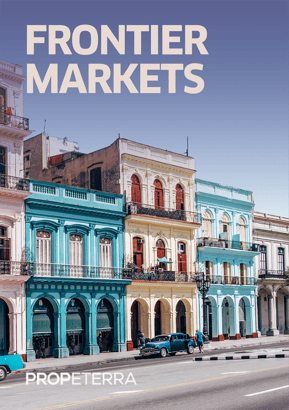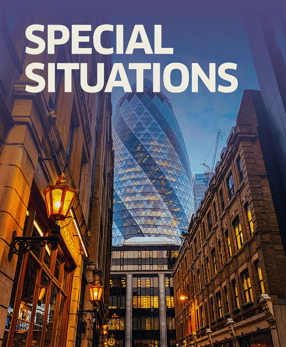
The chams of Indonesia’s terrestrial environment are well documented. From the dramatic volcanic environments of Bromo Tengerr, to Komodo, famous, at least in part, for its eponymous dragons, there is no shortage of wide open space to cater to naturalists or ornithologists. But perhaps, its best asset sits below its currents and waves: a nirvana of marine life, brightly coloured fish and extraordinary mammalian species, less known, and still less observed.
One of the most diverse (and exciting) ecosystems in the world

Indonesia is located in the Coral Triangle, one of the most diverse (and exciting) ecosystems in the world. Sadly in many countries- even in the most remote locations like the Chagos Archipelago- environmental degradation and rising sea temperatures have exacted a toll on otherwise vibrant natural edens. Dynamiting of these ancient formations, together with pesticide runoff, have left many denuded, in need of rescue. Not so in Indonesia. Clearly, a merry band of conservationists and champions of the blue economy, work diligently to preserve and enhance, however, Indonesia’ reefs are already some of the healthiest in the world. Amidst a smorgasbord of fish, crustacea and molluscs, there are over six hundred species of corral and three thousand types of fish.
Discovering the hidden beauty of marine biodiversity

Related to this vibrancy is the marine biodiversity it supports. Not only in number but also in variety, Indonesia’s natural assets are a tonic to divers and snorkelling enthusiasts suffering ennui in more familiar areas. Few places play host to tiny pygmy seahorses, alongside massive manta ray, eking out an existence in vivid technicolour. Even in those areas, within close reach of Singapore or Jakarta, extraordinary sights are to be found. With 17,000 islands and a coastline exceeding 50,000 kilometres, there is no shortage of unique (personal) experiences to be found. Here, accessibility need not always lead to a trade off with pristine environments, marking Indonesia one of the most striking ecotourism and private residential markets on the planet.
The aforementioned conservationists deserve great credit for this situation. It is self evident, Indonesia’s diversity lends itself better to preservation, however, like elsewhere it is not immune to the effects of overfishing or the ravages of mass tourism. Pollution- especially from shipping- is a threat no less pernicious. The creation of marine protected areas has had substantial bearing on a web of interconnected ecosystems, allowing the passage of creatures often travelling huge distances to spawn and breed. In collaboration with NGOs and governmental agencies, there has been meaningful engagement with communities who depend upon the sea and are its greatest advocates and stewards. This kind of interaction is the ultimate safeguard of the oceans as without incentivisation and creation of value, quotidian pressures of life can encourage behaviours deleterious to Indonesia’s waters.
Discovering the Beauty of Indonesia's Sustainable Tourism

Sustainable tourism has a vital part to play in this evolving space. Bali often receives a poor rep for some of the excesses of hospitality development, however, amongst the parties and honeymooners, a series of important ecotourism projects have emerged. Bambu Indah in Ubud, uses traditional Javanese teak wood and recycles wastewater, and is powered sustainably. Misool in Raja Ampat, meanwhile, has a no take zone around its inner waters and harvests rainwater to reduce the need for boreholes and desalination. Pavilions Anambas, is one of the latest of these initiatives, where the developers are creating private branded residences and lodge provision, mindful of the natural environment, catering to an eco-conscious crowd escaping the stresses and distractions of the modern world.
One of the reasons travel agencies and marketers are excited by Indonesia is Marco travel trends points to an increase in experiential travel. Clearly, this can take many forms, but the oceans hold an allure almost as potent as space. There is growing recognition of its importance in tackling climate change, and how, in practical terms, it remains one the last unexplored areas of our planet. In Indonesia, there is opportunity to deliver individuals into sensitive developments, opening a world altogether more exciting than the staid offer of sun and sand. All within a short hop of Singapore or Australia. If managed carefully, there is a little more accessible but distinctive environment left.



